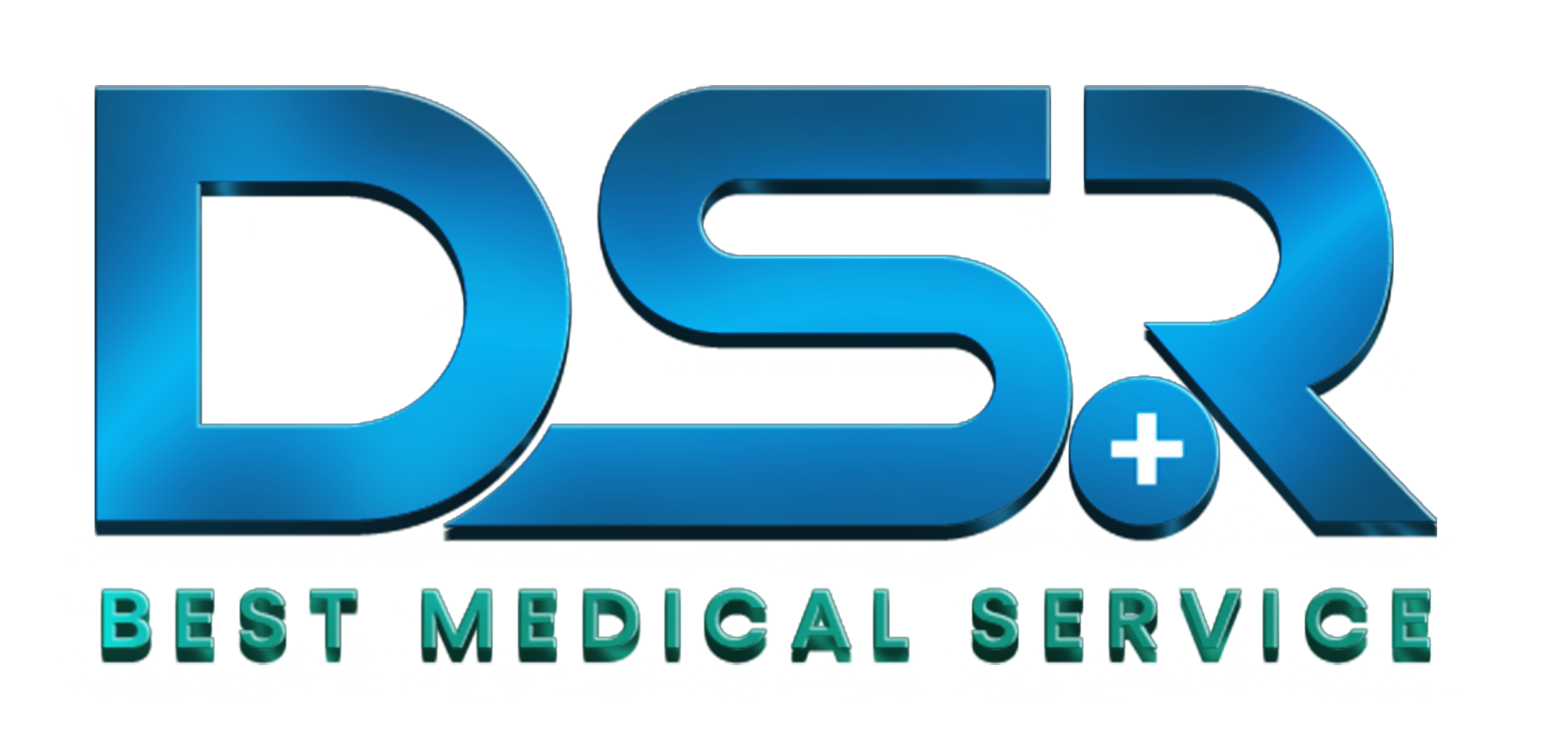Clinic al scenario/SAQ: A 45 years old woman admitted with long term complications of starvation.
- How will you manage this patient?
| Undernutrition: Starvation & Famine |
Clinical features
- Severity of malnutrition assessment:
- BMI, midarm circumference,
- vitamin deficiencies: thiamin, folate and vitamin C
- Diarrhea → sodium, potassium and magnesium depletion
- Hypothermia and bradycardia,
- Muscle-wasting→ loss of the temporalis and periscapular muscles, reduced mid-arm circumference
- Loss of subcutaneous fat: reduced skinfold thickness and mid-arm circumference
- Oedema, which may be present without hypoalbuminemia (‘famine oedema’)
- Distended abdomen with diarrhea
- Diminished tendon jerks
- Apathy, loss of initiative, depression, introversion, aggression if food is nearby
- At necropsy all organs are atrophied, except the brain, which tends to maintain its weight.
Investigations
| Investigation | Finding |
|
|
|
|
|
|
|
|
|
|
|
|
Management
- Undernutrition represents the only emergency in clinical nutrition.
- The severity of undernutrition: according to BMI
- mild undernutrition → not in great danger;
- moderate undernutrition → need extra feeding;
- severe undernutrition→ need hospital care, particularly to avoid ‘refeeding syndrome’
- Correcting fluids and electrolytes first
- correction of K, Mg, PO4 level
- IV thiamine
- to all severely undernourished patients to correct possible deficiency
- given before food is administered, pending biochemical confirmation
- in order to avoid precipitating beri beri, Korsakoff psychosis
- Food:
- Formula preparation (F-75 diet, F- 100 diet), by mouth in small, frequent amounts at first
- Initially diarrhea may occur due to secondary lactose intolerance → milk based foods are inappropriate.
- minor overfeeding is more hazardous, causing fatty liver, than modest underfeeding
- Energy: 1500–2000 kcal/day will arrest progressive undernutrition; additional energy may be required for regain of weight.
- During rehabilitation: more concentrated formula can be given
- Salt restriction with supplementation of micronutrient
- e.g. potassium, magnesium, zinc and multivitamins
- Other supportive care:
- skin, adequate hydration, treatment of infections, temperature,
Monitoring:
- Careful monitoring for at least 7 days of refeeding
- glucose, Na, K, Mg, PO4, ECG,
- Weight gain of 5% body weight per month indicates satisfactory progress.
| Refeeding syndrome |
SAQ. A 72 year old male with pseudobulbar palsy presents with progressively increasing dysphagia. Percutaneous endoscopic gastrostomy was done for nutritional support. But his weakness was increasing even with good nutrition. S. Potassium 2.5 mmol/1, 5. Magnesium 0.5 mmol/l, ECG shows QT 0.50 secs.
- What is your diagnosis?
- Refeeding Syndrome.
- What are the risk factors for developing this condition?
- Kwashiorkor/marasmus, Chronic malnutrition, Alcoholism
- BMI <16 kg/m2;
- Unintentional wt loss >15% in 3–6 months;
- Little/no oral intake for >10 days;
- Low K+, Mg++, PO4 before feeding
- Sarcopenic obesity
- Mention treatment options for your diagnosis.
- General treatment measures:
- Careful monitoring
- Daily weights
- Cautious rehydration
- Cardiac monitoring if ECG changes, eg prolonged QTc interval
- Specific treatment:
- Give repeated IV infusions of small doses of PO4 (10-20 mmol)
- IV correction of hypokalemia and hypomagnesaemia
- Energy: start at 10-20 kcal/kg daily increasing to meet energy needs over 5-7 days
Investigation for thiamin
- Whole blood vit B1, OR
- RBC transketolase activity
